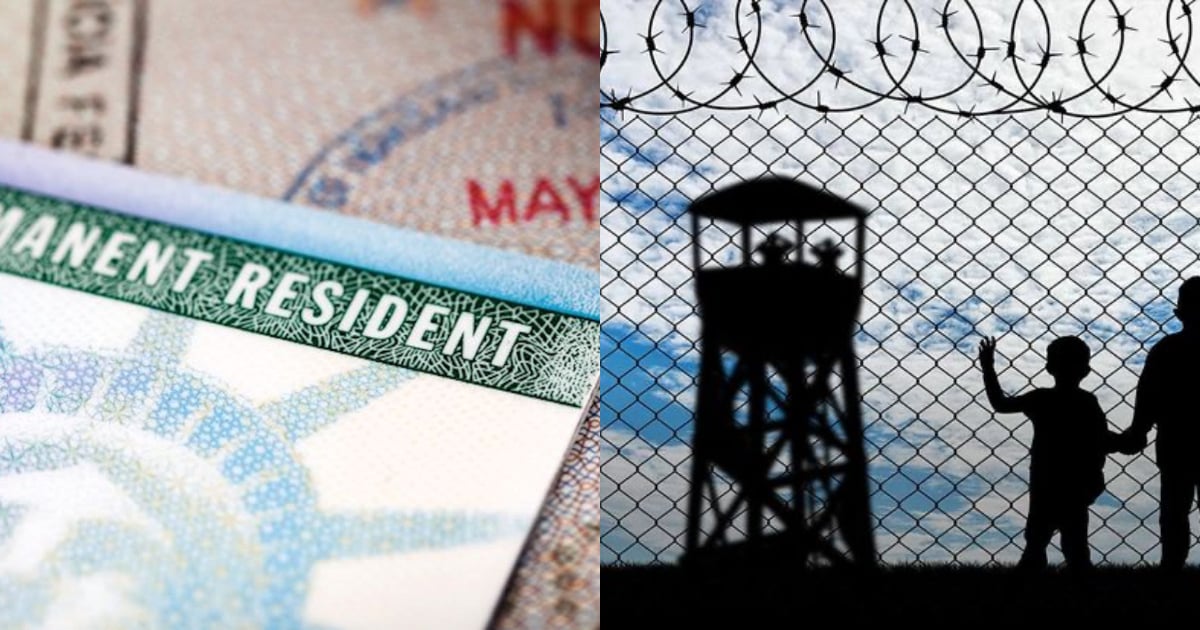Cuban parents have faced denial of their residency permit in the United States after entering the country through the Mexican border with their minor child. Journalist Daniel Benítez reports that this situation is not unique, as he has verified with immigration expert attorney Willy Allen that families have frequently been accused of human trafficking for crossing the border with their children.
Stricter Immigration Policies Impact Cuban Families
This particular case involves a Cuban couple residing in Dallas, Texas, who entered the U.S. border in October 2022 with their young child. At that time, U.S. immigration authorities granted them a parole for 60 days. A year later, in November 2023, they attempted to apply for the Cuban Adjustment Act. However, in November 2024, the U.S. Citizenship and Immigration Services (USCIS) approved the child's residency but denied the parents' residency permits, citing their entry with a minor.
Legal Challenges and Government Policies
Benítez highlights that this is the fourth known case of residency denial for entering with a child and emphasizes that these decisions are coming from the Biden Administration. "This isn't Trump. Trump hasn't taken office yet," he points out. According to attorney Willy Allen, actions like these signal that U.S. immigration authorities are being stringent, even though such arguments might not hold up in court, and eventually, the parents might secure their residency. However, they face a cumbersome legal process in the meantime.
"Lawyers believe that this argument won't stand in court, but it complicates life for these families," Benítez stated. The couple, whose residency was recently denied by USCIS, has 30 days to initiate an appeal process.
Trends in Cuban Migration to the U.S.
Recent data from the Customs and Border Protection (CBP) indicates that in the first month of the fiscal year 2025 (October), 8,261 Cubans entered the United States illegally amidst ongoing immigration uncertainties and policy changes. This marks a decrease compared to the start of the previous two fiscal years. In October 2023, there were 29,882 entries, and in October 2024, 18,064 Cubans crossed the border. In this first month of the current fiscal year, fewer than half the number of Cubans arrived compared to 12 months prior.
The annual graph of Cuban entries into the United States via the Mexican border over the last three fiscal years shows that in 2024, 150,995 immigrants from the island arrived in the U.S. The previous year saw a slight decline, ending with 142,352 arrivals, while 2022 had the highest figure at 220,908.
Understanding U.S. Immigration Policies for Cuban Nationals
Why were the Cuban parents denied residency in the U.S.?
The Cuban parents were denied residency because they entered the United States through the border with their minor child, which led to accusations of human trafficking, impacting their residency application.
What legal options do the parents have after the denial?
The parents have 30 days to start an appeal process, during which they can challenge the denial of their residency in court.
How has Cuban migration to the U.S. changed recently?
Cuban migration to the U.S. has decreased in recent months, with fewer entries recorded at the start of the current fiscal year compared to previous years.
